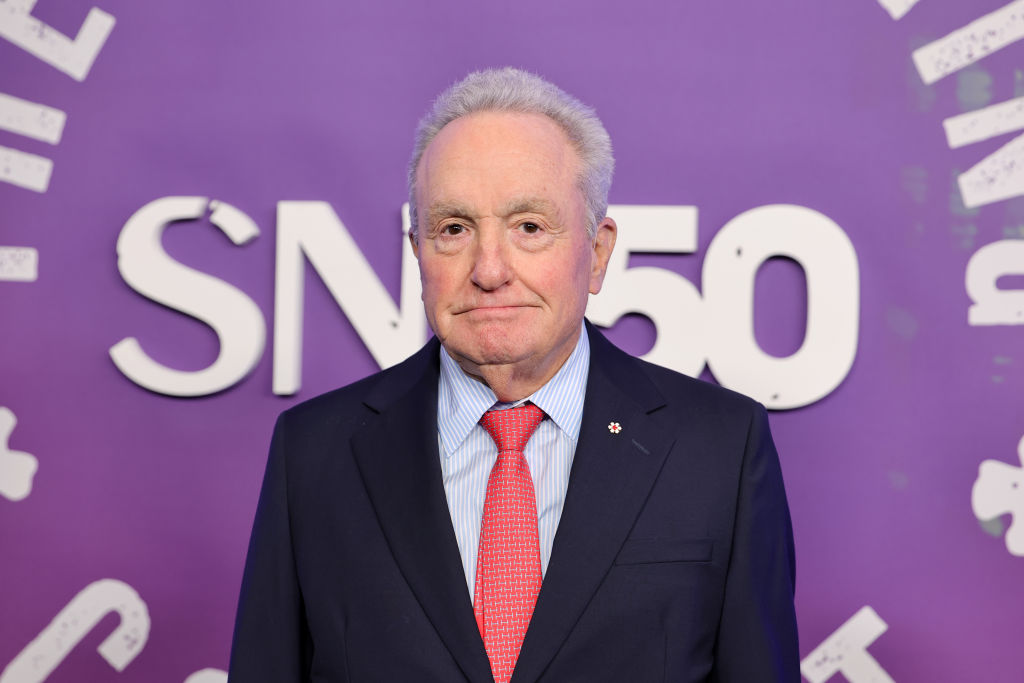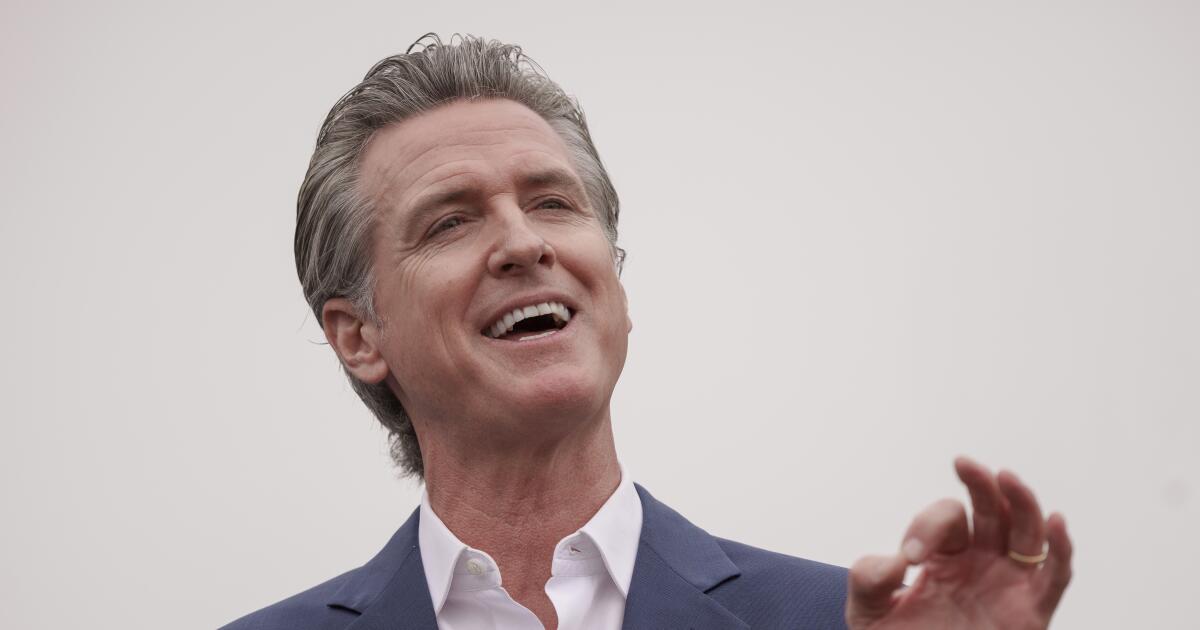Lorne Michaels: the ringmaster at Saturday Night Live

Try 6 issues free View all Investing Stocks and Shares Commodities Personal Finance Personal Finance Personal Finance Personal Finance View all Personal Finance Bank accounts Credit cards Latest Issue MoneyWeek Glossary Newsletter sign up Mag 7 earnings live Tariffs winners and losers Chase bonus rate Council tax burden MoneyWeek Readers' Choice Awards Lorne Michaels: the ringmaster at Saturday Night Live Lorne Michaels created Saturday Night Live, a cultural phenomenon that launched the careers of countless stars in America. Newsletter sign up When you purchase through links on our site, we may earn an affiliate commission. Here’s how it works. (Image credit: Dia Dipasupil/Getty Images) Jane Lewis 30 April 2025 in Features “Try telling the story of American comedy without mentioning Saturday Night Live and see how far you get,” says the Financial Times. For half a century, the TV sketch show has been a US cultural fixture; the launch pad from which countless cast members – including Chevy Chase, Dan Aykroyd, John Belushi and Bill Murray – “ascended to stardom”. Ironic, then, that the enigmatic ringmaster behind it all, “whose vowels were once said to have inspired Dr Evil in the Austin Powers movies”, should be a Canadian. At 81, Lorne Michaels looks nothing like the long-haired prankster who got “SNL” underway in 1975. But he is still cranking out the shows. Cast members and writers have speculated for years about the secret of his “extraordinary tenure”, writes biographer Susan Morrison in The New Yorker. Half believe Michaels is “a once-in-a-lifetime talent, a producer nonpareil”. Others see him more as “a backdrop for the ever-shifting brilliance of the country’s best comic minds”. It’s “a fake set-up”, she told Toronto Life: you can’t have one without the other. Michaels’ “real achievement” is creating “this big sandbox” in which anyone can play. The formula – based around a guest host who has no idea what they’re doing – is largely unchanged, yet just about all viewers believe the funniest years were the ones when they were in high school. “The show has good years and bad years, like the New York Yankies, or the Dow”, but the audience has come to feel something like ownership. Subscribe to MoneyWeek Subscribe to MoneyWeek today and get your first six magazine issues absolutely FREE Get 6 issues free Sign up to Money Morning Don't miss the latest investment and personal finances news, market analysis, plus money-saving tips with our free twice-daily newsletter Don't miss the latest investment and personal finances news, market analysis, plus money-saving tips with our free twice-daily newsletter Some reckon that Michaels’ outsider status gave him a sharper “perspective on American life”. Certainly, as a kid, he was an avid watcher of US TV shows, says Bloomberg. Born Lorne Lipowitz in Toronto in 1944, he once described his staid, middle-class childhood “as living next door to imperial Rome – all the action was going on south of the border”. After graduating from the University of Toronto, Michaels and fellow student Hart Pomerantz formed a comedy duo and won a gig on a CBC radio show. They ended up being fired, but Michaels wasn’t too heartbroken. It sparked a move to New York and its thriving counterculture clubs. After seeing a comic “tour de force” from a young Richard Pryor, Michaels recalls becoming almost “messianic” about comedy, says The New Yorker. How Saturday Night Live began The duo got their first break in Los Angeles, writing jokes for The Beautiful Phyllis Diller Show in the mid-1960s. When that was cancelled, they were hired at Laugh-In, a hit variety show on NBC, “hailed as the TV’s first collusion with the counterculture”. Nonetheless, Michaels chafed at the restrictions. “The show avoided thorny topics like the Vietnam War”, and he “couldn’t get any Nixon jokes on the air”. He retreated to Canada to try his luck there, spent a few seasons writing jokes for comedian Lily Tomlin’s show, and in 197,4 his luck changed. NBC had a free slot late on Saturday night and agreed to trial a show pitched by Michaels as looking like “a bunch of kids had sneaked into a studio after the adults went home”. A year later, SNL was born. Michaels has a “still waters run deep” vibe that has sometimes made him “an object of obsession” among staff, says Toronto Life. He’ll sit stony-faced and then suddenly unleash “one of the great laughs, a real head-back, mouth-open thing”. His management style – “detached but absolute power” – puts even the most imperious guests (including Donald Trump, Hillary Clinton and Elon Musk) in their place. An avid reader of biographies, Michaels keeps a mental list of historical figures whose careers resonate with his. “The roster is not modest,” says The New Yorker. Top of the list is Shakespeare, who, Michaels notes, also had to scramble to get his productions on the boards – and “saw to it that, despite any obstacle, the show would go on”. This article was first published in MoneyWeek's magazine. Enjoy exclusive early access to news, opinion and analysis from our team of financial experts with a MoneyWeek subscription. Sign up for MoneyWeek's newsletters Get the latest financial news, insights and expert analysis from our award-winning MoneyWeek team, to help you understand what really matters when it comes to your finances. Contact me with news and offers from other Future brandsReceive email from us on behalf of our trusted partners or sponsorsBy submitting your information you agree to the Terms & Conditions and Privacy Policy and are aged 16 or over. Social Links Navigation Jane writes profiles for MoneyWeek and is city editor of The Week. A former British Society of Magazine Editors editor of the year, she cut her teeth in journalism editing The Daily Telegraph’s Letters page and writing gossip for the London Evening Standard – while contributing to a kaleidoscopic range of business magazines including Personnel Today, Edge, Microscope, Computing, PC Business World, and Business & Finance. She has edited corporate publications for accountants BDO, business psychologists YSC Consulting, and the law firm Stephenson Harwood – also enjoying a stint as a researcher for the due diligence department of a global risk advisory firm. Her sole book to date, Stay or Go? (2016), rehearsed the arguments on both sides of the EU referendum. She lives in north London, has a degree in modern history from Trinity College, Oxford, and is currently learning to play the drums. Investing in the future of European defence Investors could benefit from exposure to European defence businesses as the continent prepares to ramp up its spending in the defence sector Millions hitting retirement with just £3,650 a year – here’s how much you really need Millions of Britons face retiring with far less private pension income than they will need in retirement. We explain how much you need to retire You might also like Elliot Grainge: the music mogul of the TikTok age who will now helm Atlantic Records Elliot Grainge, the entrepreneur behind the upstart music producer 10K Projects, has taken over the top job at Atlantic Records, the label synonymous with musical greats. Can he transform its prospects? Ben Cohen: The Ben & Jerry’s co-founder who wants to break away from Unilever Ben Cohen of Ben & Jerry’s ice cream is seeking to break away from Unilever, the conglomerate he sold out to in 2000. It’s a battle for the soul of the brand synonymous with corporate do-gooding. Anne Wojcicki: the 'daring' 23andMe CEO who reached too far Anne Wojcicki dreamed of a revolution in personal genomics and medicine and set up 23andMe in 2006. Its collapse into bankruptcy provides a cautionary tale Why French far-right leader Marine Le Pen has been banned from running for office Marine Le Pen, presidential candidate and leader of France's right-wing National Rally party, has been barred from standing by the country's judges. Remembering Eddie Jordan: Formula One’s inimitable maverick Eddie Jordan was one of the great characters of motor sport with a zeal for deal-making. His death leaves a hole in the sport that won’t be filled Palmer Luckey: the billionaire flame of the west Palmer Luckey started Oculus, the virtual-reality headset business, and sold it to Facebook for $2bn. Now he’s set his sights on the arms race. Boaz Weinstein: the hedge fund ‘vulture’ swooping on the City Boaz Weinstein’s campaign to take over and transform “the Miserable Seven” London-based investment trusts has been routed – for now. The fight isn’t over yet Zhang Shengwei: the godfather of the vape industry Zhang Shengwei quietly grew his online vape shop and now gives Big Tobacco a run for its money. Can he survive the backlash from regulators? View More \25b8 Useful links Subscribe to MoneyWeek Get the MoneyWeek newsletter Latest Issue Financial glossary MoneyWeek Wealth Summit Money Masterclass Most Popular Best savings accounts Where will house prices go? Contact Future's experts Terms and Conditions Privacy Policy Cookie Policy Advertise with us Moneyweek is part of Future plc, an international media group and leading digital publisher. Visit our corporate site. Future Publishing Limited Quay House, The Ambury, BA1 1UA. All rights reserved. England and Wales company registration number 2008885.



















